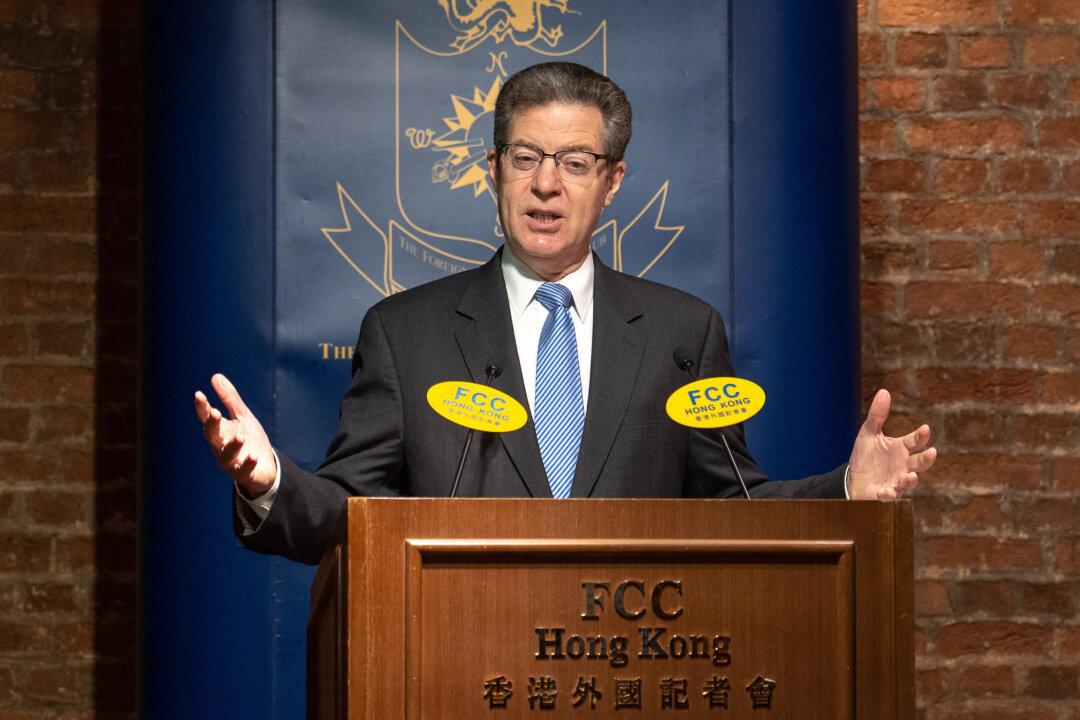Hong Kong media was noticeably silent after U.S. ambassador for religious freedom Sam Brownback gave a speech at the city’s Foreign Correspondents’ Club on March 8.
In his speech, Brownback called on Beijing to end all forms of religious persecution in China, saying, “The Chinese government is at war of faith. It is a war they will not win.”





